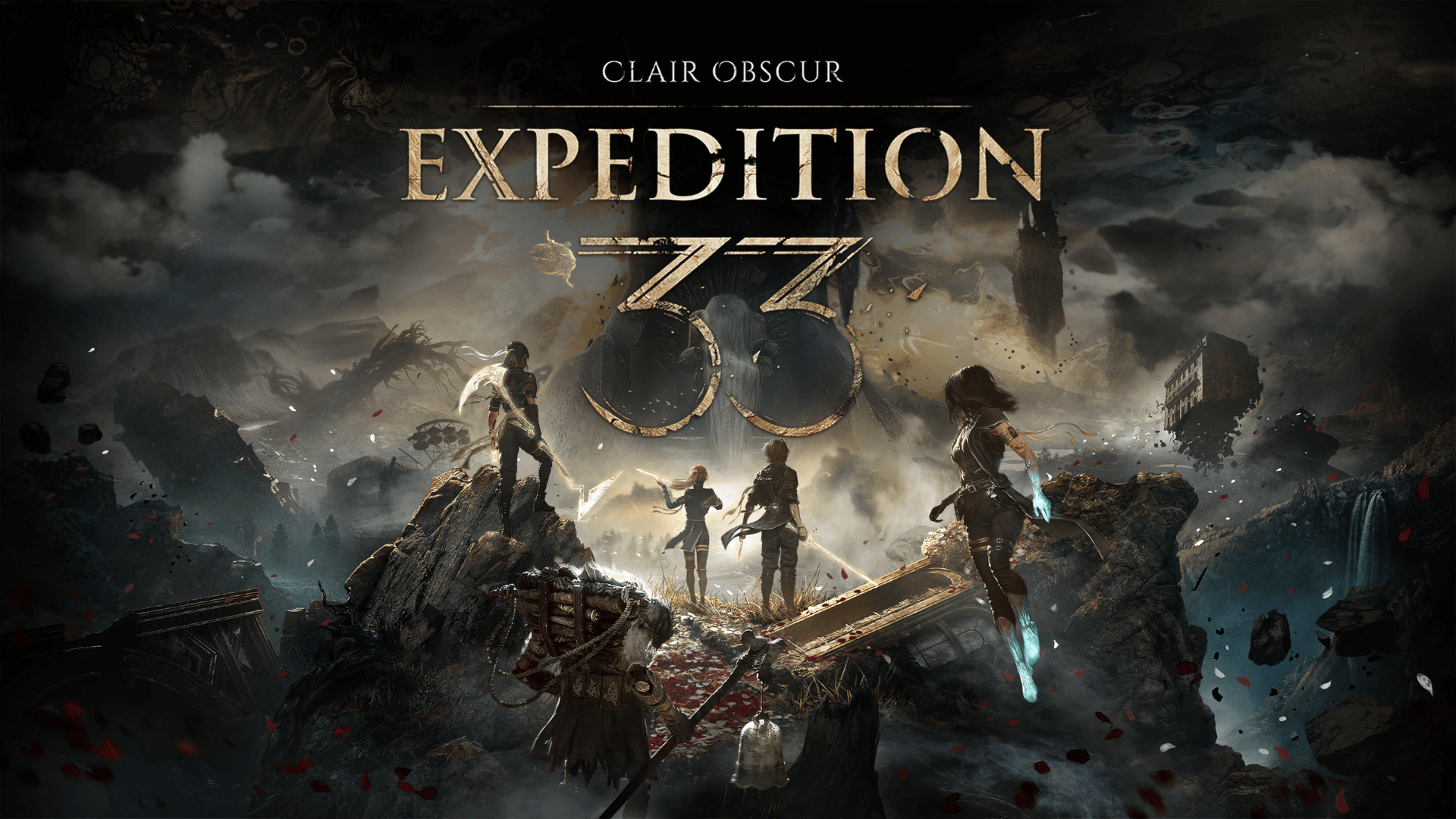News: Dragon Quest III hd-2d Remake gender vs. body type debate
The release of the HD-2D remake of Dragon Quest III has sparked a significant gender controversy within the gaming community.
Originally launched in 1988, Dragon Quest III is celebrated for its impactful story and gameplay. However, the recent remake
has drawn criticism due to its handling of character gender.
In the original game, players could choose the protagonist's gender (Male or Female), a decision that allowed for a degree of
personalization and representation that was progressive for its time. However, the HD-2D remake introduces a new feature allowing
players to select character roles (body type A or B), but many fans argue that it dilutes the importance of gender in shaping
character identity.
Critics express concerns that the remake’s approach to gender representation fails to capture the spirit of the original game and
risks sidelining the significance of gender choices in narrative development. Proponents of more inclusive representation argue that
video games should continually evolve to reflect modern values, emphasizing character depth over traditional gender roles.
As discussions continue, it’s evident that Dragon Quest III's HD-2D remake is not just a nostalgic journey but a reflection of the
ongoing dialogue around gender identity in gaming. This controversy highlights the ongoing struggle for meaningful representation
in an industry still grappling with its past.
